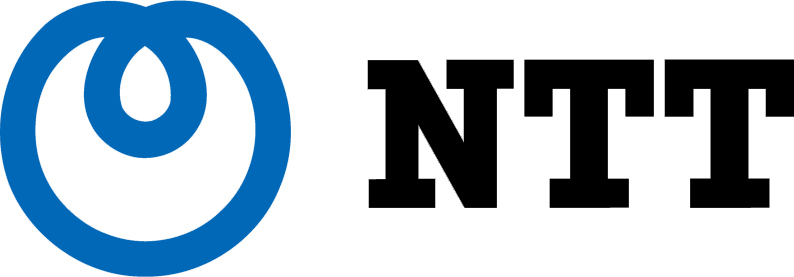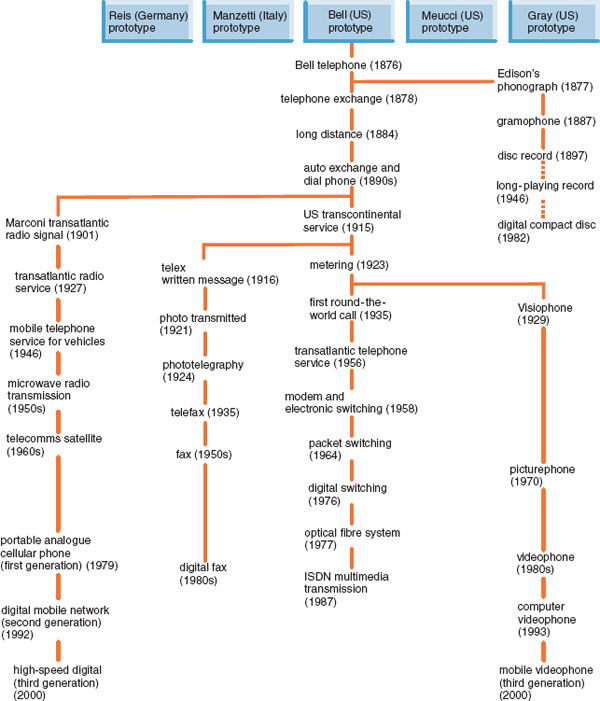Here’s a Confucius quote (which I unearthed via my good friend Jonathan MacDonald):
When you see a man of worth, think of how you may emulate him. When you see one who is unworthy, examine yourself.
And then there was the next chapter in the phone-hacking scandal (cf. here if it really did escape your attention): a newspaper (allegedly) breaking the privacy of an individual – this time amplified by the shocking fact that that individual had actually been murdered at the time of the (hacking) crime. The news brought about harsh reactions, not only from amongst the people but also from venerable bloggers and journalists. There’s even a Facebook Group asking people to boycott the publication.
The outcry bemoaned the failing of technology (hackable) almost as much as the futile attempts to cover the tracks of the wrongdoer.
So what’s new? Nothing!
Technology Facilitates Transparency
I have long been making the case that technology facilitates transparency, and that that is a good thing. I maintain that.
You may have heard the story of the elimination of different pricing for fish around Lake Victoria when the fishermen finally got their hands onto mobile phones, so they could call the merchants at other ports rather than relying on whatever the merchant in their home port told them the price was. Transparency facilitated by technology: win. The above is a fairly straight forward case of the reduction of transaction cost (here: the cost of information) leading to the eradication of previously existing inefficiencies.
There are countless anecdotes (and scientific studies) supporting this notion and providing powerful proof for its validity (which, again, is so simple: reduce the cost of information and you shall harvest).
And then comes someone who uses technology to pervert elementary rights of individuals. And all goes over board. Or does it?
Murdoch is irrelevant
I posit that the latest (as all of the previous) NOTW phone-hacking scandal is not actually turning the above into one big question; it is a mere distortion that has not actually anything to do with the merits: invading someone’s privacy is wrong (NB: whether it’s legal or not is another question). With or without technology. The principle of what constitutes an invasion is usually (there may be exceptions for public figures) dictated from the perspective of the “victim”. Or, in the words of any good anti-harassment memo: If you feel harassed, you are being harassed. If you feel your privacy is invaded, it is invaded.
However, the act as well as the debate following it highlight one crucial piece that is often overlooked. And it has nothing to do with neither the technology nor the morality of those using technology to breach laws, rights, feelings. It has to do with orientation.
Transparency Reduces Friction; It Does Replace Neither Judgment Nor Ethics!
Be it Wikileaks, Murdoch’s papers’ conduct or super-injunctions (and their factual lift by the freedom of speech in the Commons), transparency facilitated by technology (as the main tool to reduce cost of balanced information to meaningful levels for each [connected] individual) is merely a tool, albeit a very, very powerful one. It aids the exposure of partisan interests and hence helps eradicate inefficiencies (partisan interests almost always add cost). And it works: apparently advertisers review their ads in Murdoch papers (cf. here).
BUT it does not replace good judgment or makes a call on the ethics of an action or inaction. This is why I called it an issue of orientation. People are – perhaps more than ever – required to judge and apply ethical standards to the information they receive.
This means that every single on of us is required to query, ask, debate; no easy answers anymore. This makes the world a better but also an inherently more complicated place. And it makes it even more prone to manipulation (arguably the reason why some try it on…) since the imbalance of access to information (i.e. the anti-thema to transparency) provides a lever to uproot that newly won freedom. If, however, every single one of us applies the beliefs and convictions we know to be true (and, yes, your truth may be different to mine), and keep the lines open, I firmly believe that discourse will guide us to a result that is “right”. But you have to have the guts and courage to apply your own thoughts, query those arguments and render judgment – for as long as you are not presented with a better case.
Technology is the Great Equaliser
Access to information is the biggest asset in an information economy. Technology aids this. And mobile is the single biggest medium in the history of mankind to facilitate this. I can provide you with tons of examples (but I reckon it is probably undisputed).
Technology also enables every single one of us to use it in order to get to sound judgment, to debate, ponder and ultimately assess of what we deem ethical. It puts all of us into the drivers seat of opinion-forming, which is something that has never been there before. There had always been powerful intermediaries (the media in its various forms through the centuries; market criers, preachers, scribes, authors, newspaper editors, radio and TV producers all had the cost of dissemination of information on their side: it was inconceivable that anyone from outside these circles could invade and publicly query. Now we can. But: we also have to! If we choose to stay silent, we should not bemoan that others form and disseminate the opinions we believe to be wrong.
Confucius is still right. Technology does not allow you to be an immoral, unethical knobhead. And, no, no one said it was easy!
Namaste!

 It was today, 30 years ago, that NTT (now NTT DoCoMo) launched the world’s first commercial mobile cellular telecoms network in Tokyo with 88 base stations and, boy, did we come a long way since. Take fees for a start: there was a $2,000 sign-up fee and then a monthly fee of $300. On top of that, you would be charged $1 per minute voice. A handset weighed in at a cool 10kg (more than some budget airlines allow you as hand luggage these days; but then you would probably only fly First if you had one of those…). Nokia was still into wellies at the time, I think… 😉
It was today, 30 years ago, that NTT (now NTT DoCoMo) launched the world’s first commercial mobile cellular telecoms network in Tokyo with 88 base stations and, boy, did we come a long way since. Take fees for a start: there was a $2,000 sign-up fee and then a monthly fee of $300. On top of that, you would be charged $1 per minute voice. A handset weighed in at a cool 10kg (more than some budget airlines allow you as hand luggage these days; but then you would probably only fly First if you had one of those…). Nokia was still into wellies at the time, I think… 😉